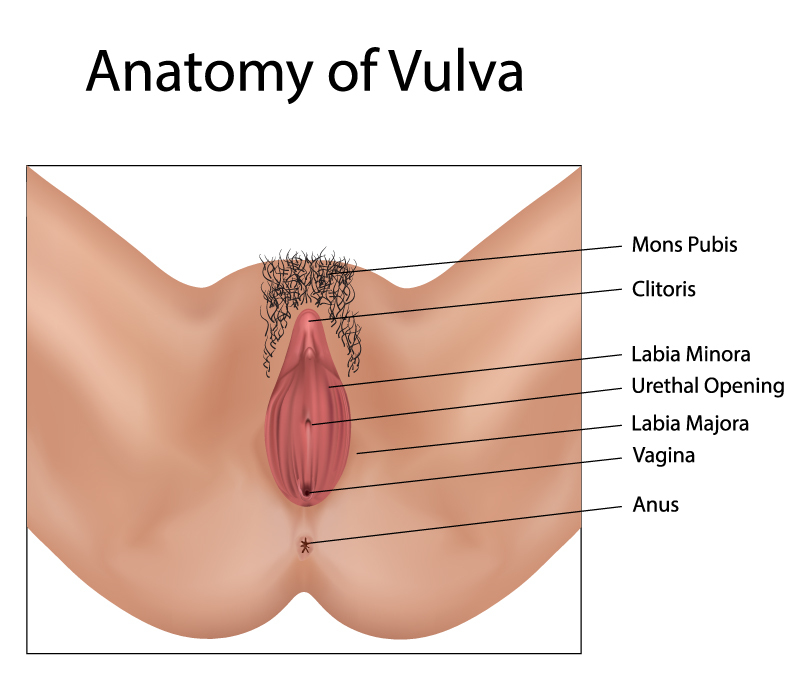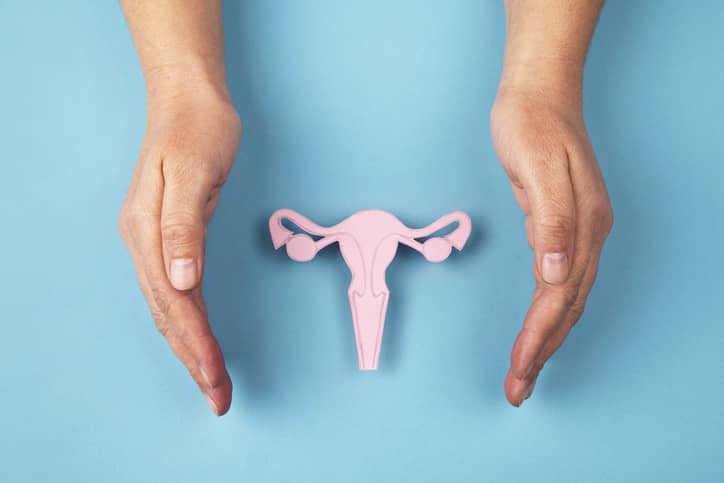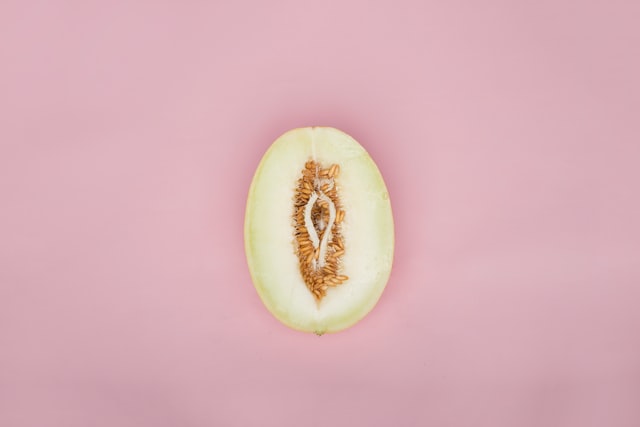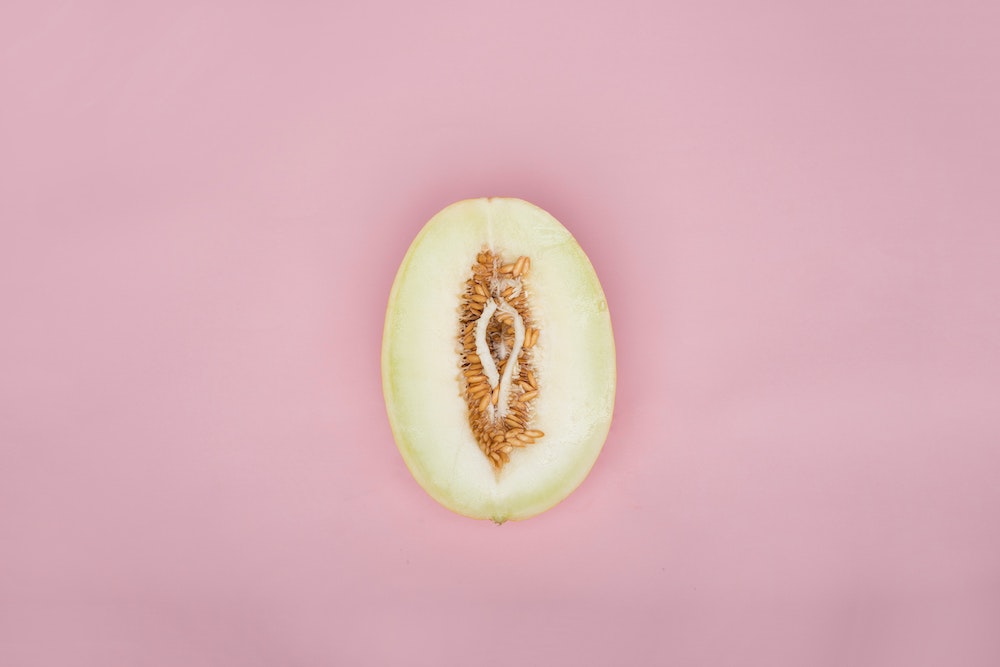There is a lot of misinformation about vaginal health, with a whole industry dedicated to ‘feminine hygiene’. In reality, the vagina is self-cleaning, so feminine hygiene products are unnecessary, and can actually be dangerous.
Here we will outline the anatomy of the vagina, how it cleans itself, and the dangers of the many fads surrounding ‘feminine hygiene’.
What is the vagina?
The vagina is a muscular tube which connects the cervix to the vaginal opening. Sometimes the word ‘vagina’ is used to refer to all the external female genitalia, but the external genitalia is actually called the vulva.
The vulva is made up of the glans clitoris, labia minora, labia majora, and the opening of the urethra and vagina.

How does the vagina clean itself?
The vagina is able to remain clean due to natural secretions (also known as discharge), which are produced from the cervix.
Healthy discharge shouldn’t have a strong odour or colour. That said, the consistency of vaginal discharge will vary throughout the menstrual cycle, and the quantity may increase or decrease.
If you experience abnormal discharge, or it starts to smell, change colour, or cause an itch, you should see your doctor.
The vagina also contains bacteria, which help to prevent infection in a few different ways. Firstly, the good bacteria in the vagina usually outnumber any bad bacteria which enter the vagina. The good bacteria also:
- maintain a healthy pH level in the vagina
- produce types of natural antibiotics to kill or reduce the amount of bad bacteria
- prevent bad bacteria from sticking to vaginal walls and invading that tissue.
Why are ‘feminine hygiene’ fads dangerous?
Feminine hygiene fads, such as douching, scented wipes, or vaginal deodorant, can be dangerous because they disrupt the good bacteria in the vagina, which creates an imbalanced environment.
If the pH level of the vagina is able to increase, the number of bad bacteria can also increase. This may lead to infections, including bacterial vaginosis and thrush.
Instead of douching or using scented wipes, gently wash the vulva with unscented soap and water everyday. You don’t need to wash the vagina, because it will clean itself.
When to worry about your vagina
If you experience any of the following symptoms, visit your doctor. They could indicate a vaginal infection or another gynaecological condition:
- vaginal irritation
- changes to the quantity, colour, or smell of vaginal discharge
- redness around the vulva
- itching
- bleeding during or after sex
- pain during sex
- bleeding between periods
- bleeding after the menopause
- pain when peeing
- pelvic pain (any pain between your tummy and thighs).




